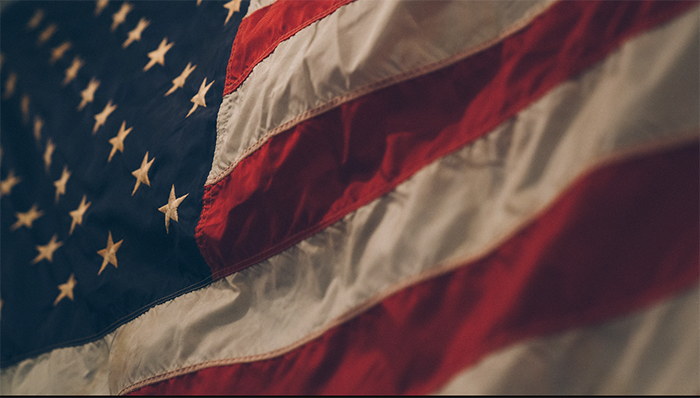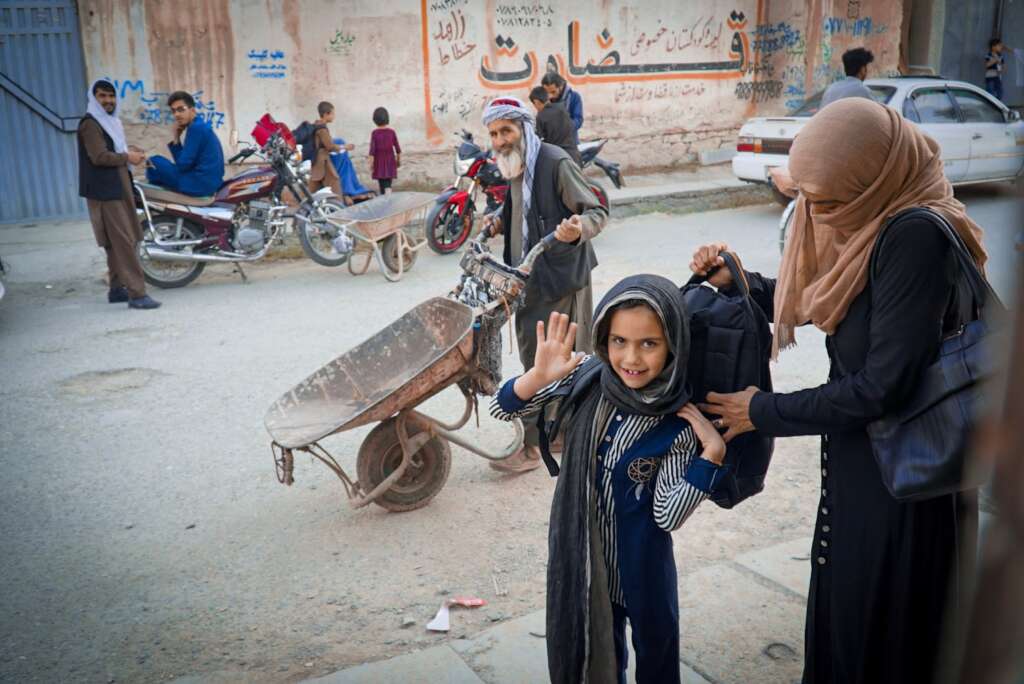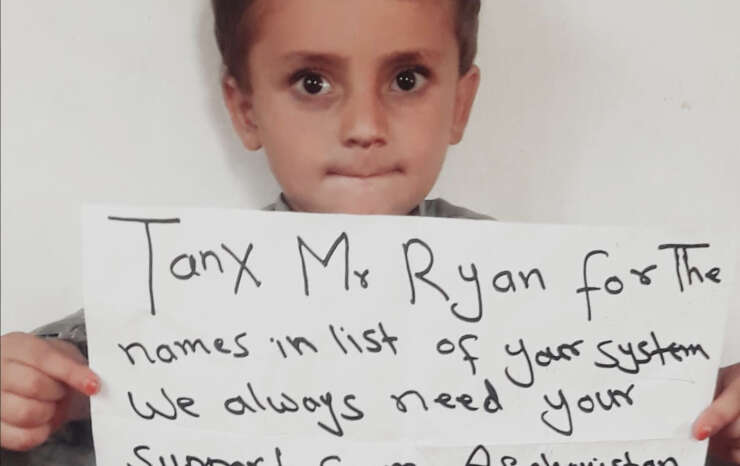
An estimated 78,000 identified U.S. allies and interpreters are currently left behind in Afghanistan. This is a conservative estimate; many allies are in hiding and so are unable to obtain or maintain special immigration visas (SIVs) that are given to U.S. allies for evacuation purposes and to identify them. These allies supported U.S. troops as interpreters, bomb deactivators, protective detail, in face-to-face combat, and in other capacities.
A History of American Allies and Afghan Interpreters Left Behind
Over the last 20 years, many Afghans worked with U.S. soldiers in Afghanistan, assisting in missions aimed to create a more secure Afghanistan and world by undermining extremist groups like the Taliban. Those who supported U.S. troops and so earned their American allies statutes include Afghans who worked with NATO or U.S. Forces under the International Security Assistance Force (ISAF) or a successor mission like the NATO-led Resolute Support Mission (RSM). Other groups also worked diligently to complete U.S. missions in Afghanistan.
American allies who worked under ISAF or RSM include Afghan interpreters who acted as communication intermediaries between U.S. troops and Taliban fighters. Many interpreters voluntarily served in extra capacities, such as self-appointed body guards to U.S. soldiers for whom they interpreted when in the presence of Taliban suicide bombers. Such Afghans risked their lives for the safety of U.S. soldiers, further earning their status as American allies.
Another way Afghan allies risked their and their families’ lives was by serving in positions that made them recognizable by the Taliban as U.S. supporters. Many of these Afghans had to work face-to-face with Taliban fighters as interpreters and so became known to the Taliban. In addition, when the Taliban overtook the U.S. embassy in Afghanistan, embassy records revealed to Taliban fighters the identity of Afghans who supported U.S. troops.
Afghans who served as American allies in Afghanistan were promised protection in the event U.S. soldiers withdrew from Afghanistan. This protection came in the form of Special Immigration Visas (SIVs), which offer a legal pathway to safety in the U.S. should Afghan American allies become active targets of Taliban fighters without the protection of U.S. troop presence in Afghanistan.
When the Taliban regained control of the country upon the U.S. withdrawal in 2021, all U.S. allies in Afghanistan became active Taliban targets. At this point, Taliban fighters declared that U.S. allies should be punished with death. In response, many U.S. allies went into hiding as they were actively and violently pursued by the Taliban. Still, many were discovered by Taliban fighters, at which point they were kidnapped, tortured, interrogated, and/or murdered.
Sadly, even at that point, many Afghans were not immediately granted SIV status. Among those who were, many were not evacuated under their approved visas. Others simply could not forge through the bureaucratic barriers to be approved for their SIVs, even though they qualified. Thus, they were left in Taliban hunting grounds.
The SIV medical assessment requirement is just one example of the bureaucratic barriers that keep U.S. allies stranded in Afghanistan. SIV holders must maintain updated medical checkups no older than six months to keep their SIVs from expiring. But, for many Afghan allies, visiting a medical clinic in Afghanistan for an updated medical checkup means risking kidnapping, torture,and/ or murder by the Taliban. As a result, given the risk, many U.S. allies remain hidden in safe houses or other hiding spots in Afghanistan instead of being evacuated to the U.S. via a current SIV.
You Can Help Save American Allies Left Behind in Afghanistan
Our safe house network runs because of donors who contribute to save lives. If you would like to help us save American allies and Afghan interpreters left behind in Afghanistan, please consider a one-time donation.
- $50 buys one Tablet for one child to continue their education while in hiding.
- $150 gives one family food for one month.
- $250 gives a safe house to one family for one month.
- $300 buys a passport for one U..S ally needing evacuation.
- $5,000 evacuates one ally to a new, safe life outside of Taliban hunting grounds.
Donate to help us continue our life-saving work.
American Allies: How many were left behind in Afghanistan?
According to a February 2022 report by the Association of Wartime Allies, an estimated 78,000 SIV-holding American allies are stranded in Afghanistan. When Afghanistan fell to the Taliban in August 2021, there were an estimated 81,000 SIV applicants left behind. This figure does not consider American allies left in Afghanistan who qualify to be SIV holders but, due to bureaucratic or other similar barriers, are unable to apply and/or gain approval for SIVs.
The Plight of American Allies and Afghan Interpreters Left Behind in Afghanistan
U.S. allies and interpreters left behind in Afghanistan now live in constant terror. They are hunted due to their support of U.S. troops. Their sentence under Taliban rule is death. But, the Taliban goes further, often torturing information out of U.S. allies before murdering them and even hunting and killing their family members as a form of retailation for their involvement in supporting U.S. troops.
Here are some other telling statistics that tell the current plight of SIV applicants left behind in Afghanistan:
- 30 percent of them have been imprisoned by the Taliban since the U.S. withdrawal.
- 94 percent of U.S. allies in Afghanistan report economic hardship.
- 70 percent report at least one incident of food insecurity in the last month.
- 20 percent report going without needed meals more than 10 times in the last month.
To put these into context, the following stories are real stories of U.S. allies left behind in Afghanistan and offer a glimpse of what life is like for them after the Taliban takeover. The names of the allies have been changed for their protection.
U.S. Afghan Ally Suffers the Ultimate Price, His Family Pleads for Help

Sayed worked closely with U.S. Special Forces in Afghanistan. Part of his job was deactivating bombs the Taliban had planted to murder Afghan girls who attended school. According to the Taliban’s extremist ideologies, education is prohibited for women and girls.
In addition to this life-saving mission, Sayed participated in a U.S. Special Forces operation targeting Taliban fighters who had murdered anti-Taliban activists and journalists in Afghanistan. In this mission, he worked with U.S. troops to arrest and kill 12 Taliban fighters.
On August 13, 2021, due to his work with U.S. troops, the Taliban arrested Sayed. This arrest began his 49 days in captivity. During that time, Sayed’s family home was also attacked. In that attack, Sayed’s family members were brutally beaten by Taliban fighters because of their status as a family that supported U.S. troops.
Most tragically, on October 2, 2021, as Sayed’s family recovered from their attack, they were notified that Sayed had died while in Taliban captivity. After learning of his death, Sayed’s family fought for the release of his body from the Taliban.
When Sayed’s family was finally allowed to take him home for proper burial, they were greatly grieved to find that Sayed’s shoulders and neck had been broken, his nails had been blackened with trauma and blood, and he had suffered a slow death by Taliban torture while in captivity over 49 long days.
At the release of Sayed’s body, the Taliban also forbade Sayed’s family from attending his funeral. Sadly, even religious community leaders who bravely attended his funeral despite Taliban warnings were captured and tortured for their attendance.
The Taliban now hunts Sayed’s living family members for their support of Sayed and U.S. troops. Grieving, terrified, and traumatized, the family contacted our Afghan Liberty Team, pleading for a safehouse and evacuation routes to spare them from further Taliban attacks, torture, and potential death sentences.Thanks to our donors, they now reside in a safe house and our rescue team works diligently to raise the necessary funds for their evacuation.
Two Brothers Plead for Protection After 12 Family Members Are Murdered

Wali and his brother, Farzam, worked alongside American troops as part of the National Security Directorate (NDS) in Afghanistan. In doing so, they worked with the U.S. to stop Taliban violence and eliminate Taliban strongholds in Afghanistan.
During their service, their missions alongside U.S. troops resulted in the elimination or arrest of more than 100 Taliban fighters. Their close contact with the Taliban made them recognizable as U.S. supporters and anti-Taliban servicemen.
Following the fall of Afghanistan, those Taliban fighters who had been arrested by Wali and Farzam were released from prison. At this point, the released fighters immediately began hunting the brothers and those who worked with them. As part of this hunt, the Taliban’s General Directorate of Intelligence and other key Taliban leaders sent out orders to all Taliban forces to kill all members of Wali’s and Farzam’s family.
The women in the brothers’ family also fought diligently for women’s rights in Afghanistan. Farzam’s wife, Sheeba, worked in the Department of Women’s Affairs and with the U.S. Department of Justice (DOJ) defending Afghan women’s rights. This work means she faces her own death sentence if discovered by Taliban fighters.
While being hunted, the brothers and their families fled for their lives, often hiding in brutally cold conditions in the snowy Afghan mountains. Here, caves were their only refuge. Still, Taliban fighters continued their hunt. In all, they tortured and murdered of 12 of the brothers’ extended and loved family members. Wali himself survived a bomb attack against his life that resulted in a head injury.
Following this attack, Farzam reached out to the Afghan Liberty Project team for help and protection. Both families are being cared for in the ALP safe house network with security, warmth, food, and medical care. Today, we are searching diligently for the funding to evacuate these brothers, their wives, and their precious small children.
Helping American Allies and Afghan Interpreters in Afghanistan
Is the U.S. Still Evacuating American Allies?
The U.S.’s evacuation of Afghan allies is very slow and limited. For the most part, those being evacuated have to already have been screened in person for SIV approval, a process that is often impossible within Afghanistan. Many Afghans who are SIV-qualifying U.S. allies must first evacuate to a third country before accessing the process necessary for their approved transfer to the United States.
What are private organizations doing to help American allies in Afghanistan?
Private organizations that are working in Afghanistan help to provide a secure pathway to and provision of medical care, food, safe houses, legal support, and evacuations for American allies who were left behind in Afghanistan.
What can you do to help American allies left behind in Afghanistan?
Ways you can help American allies left behind in Afghanistan include volunteering with groups who are responding to the Afghanistan crisis. Some tasks you can perform to help in the missions of these organizations include data entry, fundraising, marketing, and partner outreach. You can also donate to organizations that are providing food, security, warmth, medical care, and evacuations to American allies in Afghanistan.
Learn more about how you can help by visiting our volunteer and donate pages.


